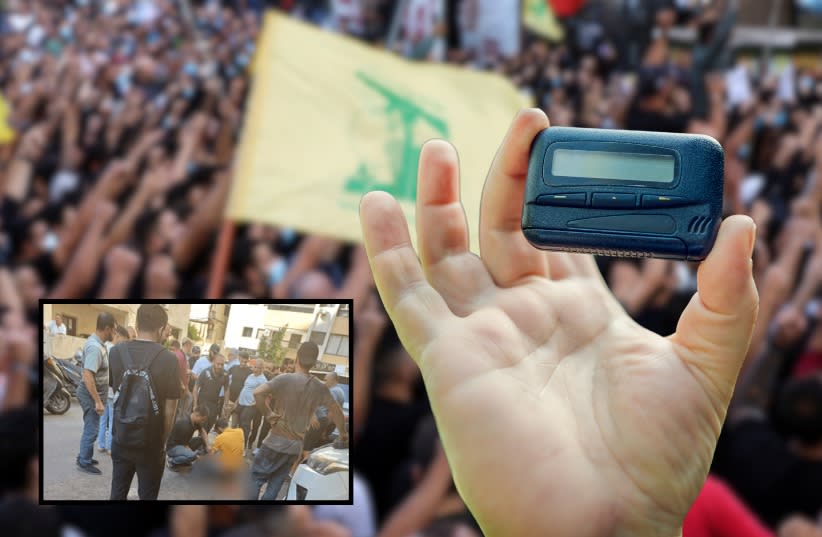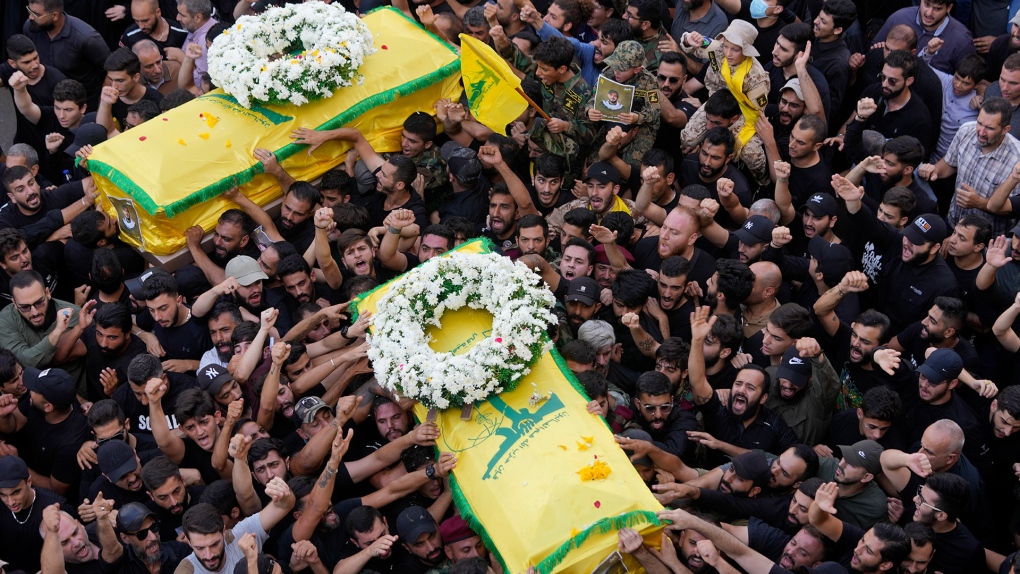Hezbollah continued to distribute pagers to its members just hours before thousands of devices exploded across Lebanon, despite having conducted security checks, according to two security sources familiar with the matter.

The Lebanese militant group had reportedly carried out routine examinations of the Gold Apollo-branded pagers, including airport security tests, but failed to detect the hidden explosives. One Hezbollah member received a new pager on Monday that detonated the next day while still in its box, a source revealed.
“They tricked us, hats off to the enemy,” one security source said, indicating the difficulty in detecting the explosives “with any device or scanner.”
The pagers, part of a batch of 5,000 brought into Lebanon earlier this year, were distributed in an attempt to evade Israeli surveillance of mobile phones. Hezbollah had been confident in the devices’ safety despite an ongoing sweep of electronic equipment to identify potential threats.
On Tuesday, pagers exploded across Hezbollah strongholds, followed by detonations of walkie-talkies on Wednesday. The consecutive attacks killed 37 people and injured more than 3,000.

Sources reported that the walkie-talkie batteries contained PETN, a highly explosive compound. Up to three grams of explosives had reportedly gone undetected in the pagers for months.
Hezbollah Secretary-General Hassan Nasrallah described the attacks as “unprecedented in the history” of the group in a televised speech on Thursday.
As investigations continue, Hezbollah is intensifying its review of communication systems and supply chains. The incidents have raised questions about the group’s security protocols and its ability to protect against sophisticated attacks.
Lebanon and Hezbollah have accused Israel of orchestrating the attacks, though Israel has neither confirmed nor denied involvement.



